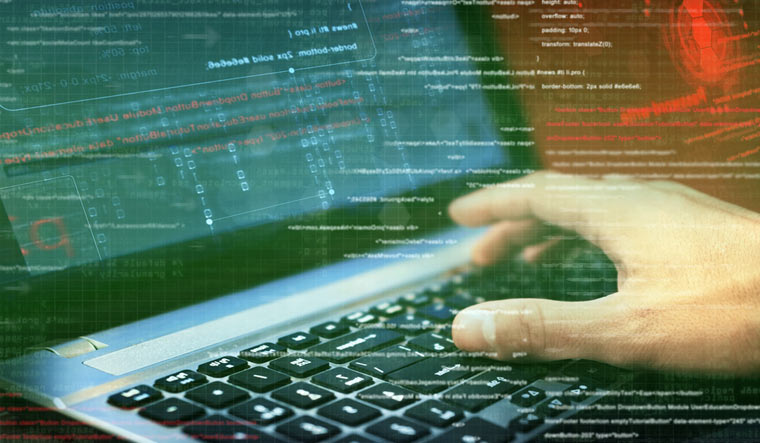People who show signs of low self-control are more susceptible to malware attacks, warns researchers at the Michigan State University.
“An individual’s characteristics are critical in studying how cybercrime perseveres, particularly the person's impulsiveness and the activities that they engage in while online that have the greatest impact on their risk,” said Tomas Holt, professor of criminal justice and lead author of the research. The research, published in Social Science Computer Review, assessed the self-control of nearly 6,000 survey participants, as well as their computers’ behavior that could indicate malware and infection.
“The internet has omnipresent risks,” Holt said. “In an online space, there is constant opportunity for people with low self-control to get what they want, whether that is pirated movies or deals on consumer goods.” Low self-control, Holt explained, comes in many forms. This type of person shows signs of short-sightedness, negligence, physical versus verbal behavior and an inability to delay gratification.
Hackers and cybercriminals know that people with low self-control are the ones who will be scouring the internet for what they want—or think they want -- which is how they know what sites, files or methods to attack, researchers said.
Understanding the psychological side of self-control and the types of people whose computers become infected with malware – and who likely spread it to others—is critical in fighting cybercrime, Holt said. What people do online matters, and the behavioral factors at play are entirely related to risks.
“If we can identify risk factors, we can work in tandem with technical fields to develop strategies that then reduce the risk factors for infection,” Holt said. “It’s a pernicious issue we’re facing, so if we can attack from both fronts, we can pinpoint the risk factors and technical strategies to find solutions that improve protection for everyone.”


